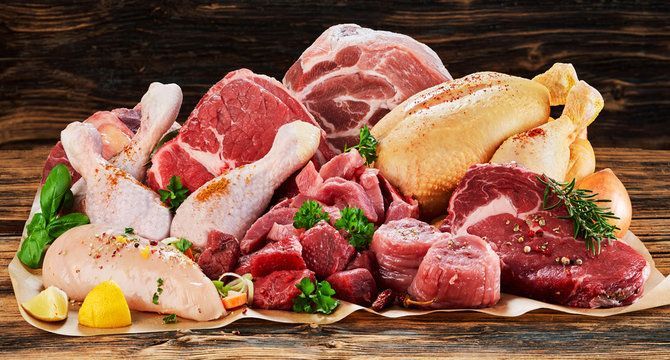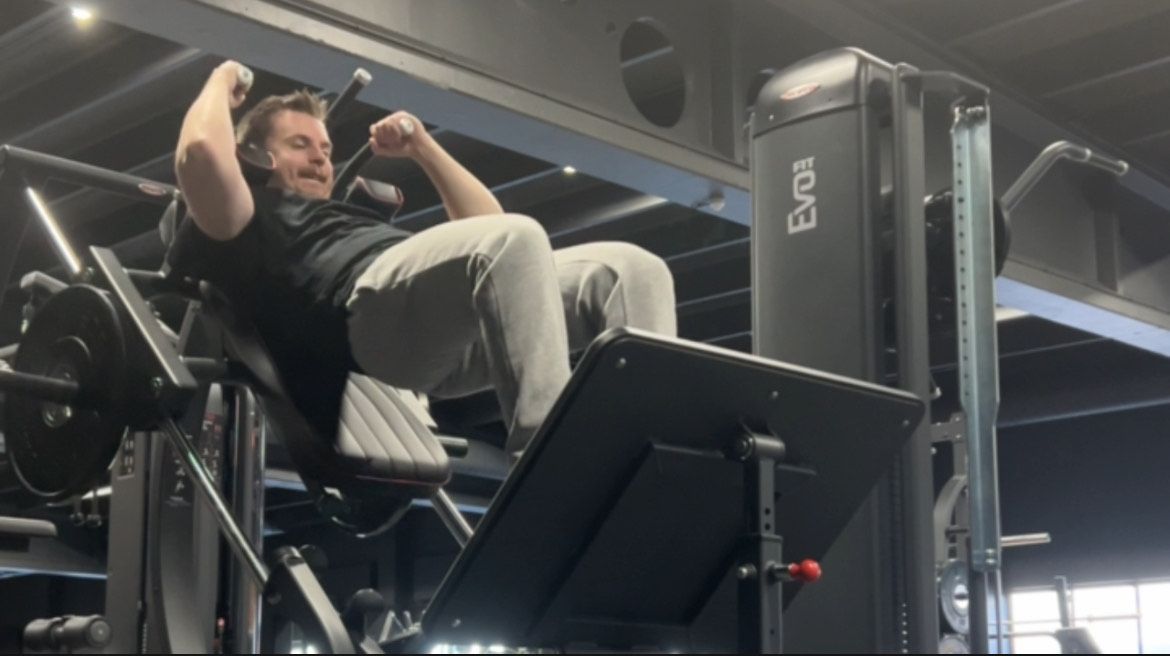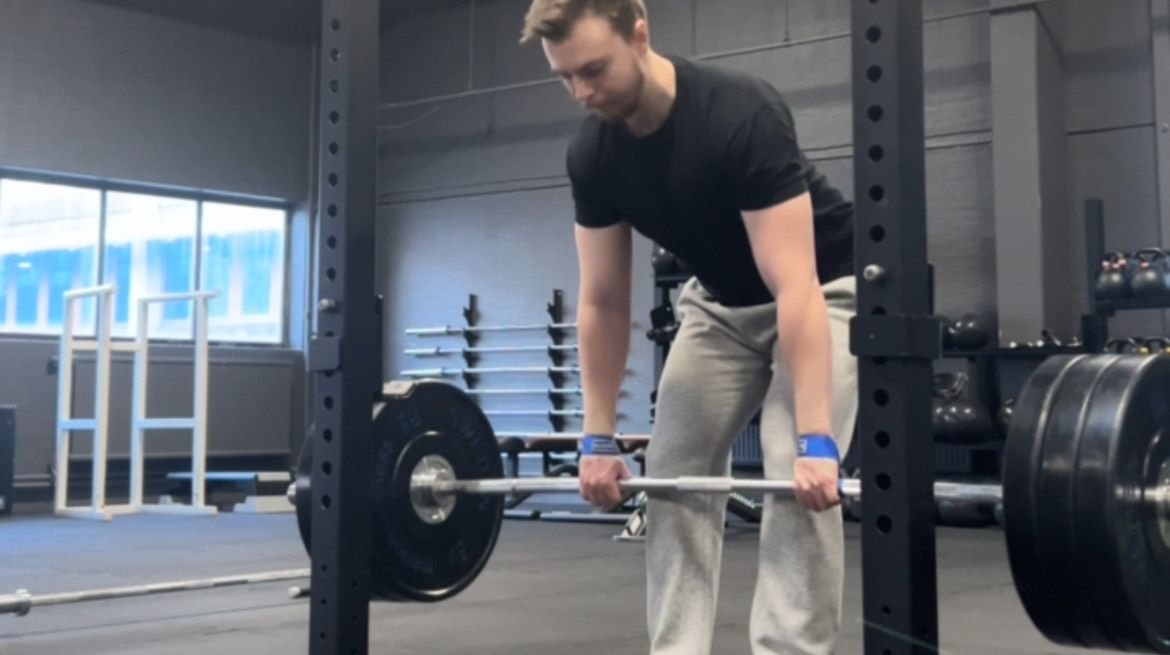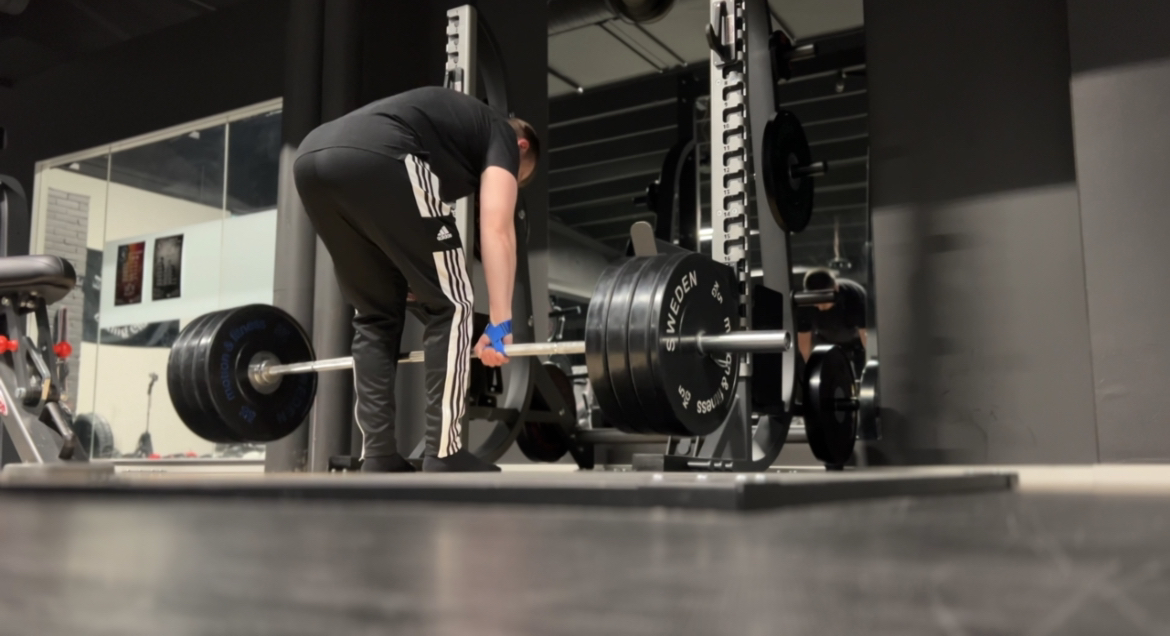Why you need to eat more to build muscle
The importance of a caloric surplus
In the pursuit of sculpting a stronger, more muscular physique, understanding the fundamental principles of nutrition is paramount. While exercise undoubtedly plays a crucial role in stimulating muscle growth, it is the interplay between training stimulus and nutritional support that ultimately determines the extent of muscle hypertrophy. Central to this equation is the concept of caloric surplus – consuming more energy than your body expends – which provides the essential building blocks necessary for maximizing muscle growth. Let's explore why being in a caloric surplus is essential for achieving your muscle-building goals.
Fueling Muscle Hypertrophy
Muscle growth, or hypertrophy, occurs when the rate of muscle protein synthesis exceeds the rate of muscle protein breakdown. To support this process, the body requires an adequate supply of energy and nutrients, particularly protein, to repair and rebuild muscle tissue damaged during exercise.
Being in a caloric surplus ensures that your body has an ample supply of energy available for both daily metabolic functions and the demands of muscle repair and growth. This surplus of energy provides the necessary fuel for driving protein synthesis and replenishing glycogen stores, facilitating optimal recovery and adaptation to training stimuli.
Protein Synthesis and Nutrient Partitioning
Protein intake is a critical determinant of muscle growth, as dietary protein provides the essential amino acids required for muscle repair and synthesis. However, simply consuming adequate protein is not sufficient for maximizing muscle hypertrophy – the body's overall energy balance also plays a significant role in determining how these nutrients are utilized.
In a caloric surplus, the body's metabolic environment is primed for muscle growth, allowing for more efficient nutrient partitioning. Excess energy intake provides a favorable anabolic environment, where dietary protein is preferentially directed towards muscle repair and growth rather than being oxidized for energy or stored as fat.
Metabolic Overhead and Training Intensity
Engaging in intense resistance training places a significant metabolic demand on the body, requiring additional energy to support the increased activity of skeletal muscle and other metabolic processes. Without an adequate caloric surplus to meet these energy demands, the body may prioritize basic metabolic functions over the energy-intensive process of muscle repair and growth.
By ensuring a surplus of calories, individuals can optimize their training performance and recovery capacity, allowing for greater training volume and intensity. This increased training stimulus, coupled with sufficient nutritional support, creates the ideal conditions for stimulating muscle hypertrophy and maximizing gains in strength and size.
Individual Variability and Adjusting Caloric Intake
It's important to note that the optimal caloric surplus for maximizing muscle growth may vary depending on individual factors such as metabolic rate, training intensity, and genetic predisposition. While some individuals may require a modest surplus to support muscle growth, others may benefit from a more substantial calorie surplus, particularly those with fast metabolisms or high training volumes.
Monitoring progress, adjusting caloric intake accordingly, and prioritizing nutrient-dense foods are key strategies for optimizing muscle growth while minimizing excess fat gain. Additionally, timing nutrient intake around training sessions, particularly pre- and post-workout meals, can further enhance muscle protein synthesis and recovery.
Conclusion
In the quest for maximizing muscle growth, achieving a caloric surplus is a fundamental prerequisite for providing the energy and nutrients necessary to support muscle repair, synthesis, and adaptation. By strategically balancing energy intake with training stimulus, individuals can create an optimal metabolic environment conducive to muscle hypertrophy while minimizing the risk of excessive fat gain.
Whether you're a seasoned bodybuilder or a novice lifter, understanding the importance of being in a caloric surplus is essential for unlocking your full potential for muscle growth and achieving your physique goals. By embracing the synergistic relationship between nutrition and training, you can pave the way for transformative changes in strength, size, and overall muscular development.











